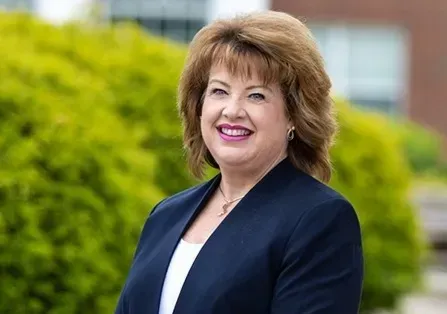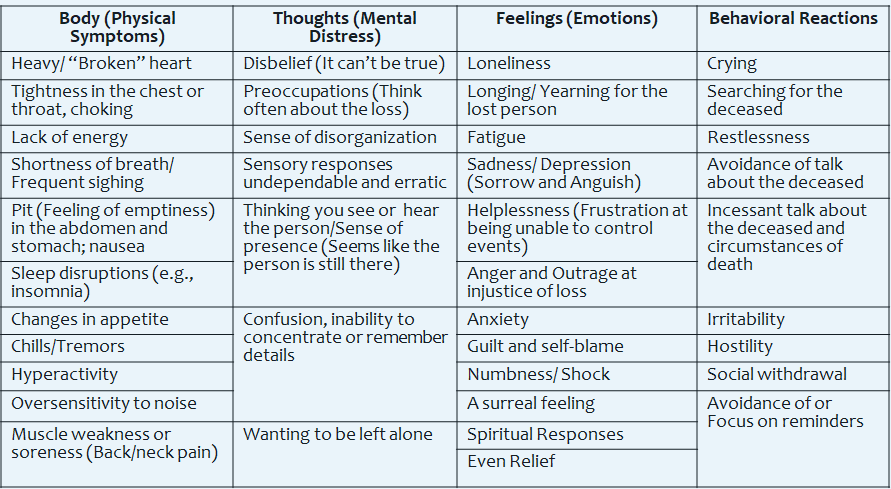The Evolving Role of School Counselors
School Counselor As a Central Figure in Education

*Note: This particular blog is written as speaking of school counselors from another point of view to make it speak more to administrators. I want to help as much as possible in your advocacy for our role.
The role of a school counselor has undergone significant transformation over the years. What was once primarily focused on vocational guidance and academic scheduling has evolved into a multifaceted position that addresses the comprehensive needs of students. School counselors today stand at the intersection of mental health, career planning, and academic support, playing a pivotal role in shaping the educational experience of students.
This evolution reflects not only the growing complexities of student needs but also the increasing awareness of the importance of holistic development. At the core of this transformation is the school counselor, a central, unifying figure within the school environment, embodying leadership, compassion, and the guiding principles of the ASCA National Model.
Mental Health Professional: Supporting Emotional Well-Being
One of the most significant shifts in the role of school counselors is the recognition of their importance as mental health professionals. In today’s schools, students face a wide range of emotional and mental health challenges — anxiety, depression, trauma, family dynamics, peer pressure, and more. School counselors are the first line of support for students struggling with these issues.
As mental health professionals, school counselors provide a safe space where students can talk openly about their concerns. They offer individual and group counseling, crisis intervention, and referrals to outside mental health services when necessary. Their role is proactive rather than reactive; they work to create a school culture that promotes mental health awareness, emotional resilience, and well-being.
In this capacity, school counselors are essential to a student’s overall success. A student who is mentally and emotionally well is more likely to thrive academically and socially. The counselor’s ability to recognize early signs of distress and intervene effectively can make all the difference in a student’s ability to navigate the challenges of school and life.
Career Planning: Guiding Students Toward the Future
While mental health has become a key focus for school counselors, career planning remains a central part of their work. In today’s ever-changing world, students face an overwhelming array of career options and pathways. It’s the counselor’s role to help students navigate these choices, providing the tools and guidance they need to make informed decisions about their future.
School counselors assist students with exploring career interests, understanding the educational requirements for various professions, and preparing for college or the workforce. They help students align their personal interests, strengths, and values with potential career paths. Through career assessments, internships, job shadowing opportunities, and college application guidance, counselors play an instrumental role in preparing students for life beyond high school.
What makes this career support so valuable is its individualized approach. Counselors work closely with students to develop personalized career plans that reflect their unique aspirations and goals, whether that means attending college, pursuing technical training, or entering the workforce directly. In this way, counselors ensure that students are equipped with the knowledge and confidence to pursue their chosen paths.
Academic Support: Helping Students Reach Their Full Potential
Academic success remains a core responsibility for school counselors. They collaborate with students, teachers, and parents to develop academic plans that reflect the student’s strengths, interests, and future goals. From course selection to navigating graduation requirements, counselors ensure that students are on the right track to achieve their academic potential.
But academic planning is about more than just scheduling classes. It’s about fostering a love of learning and helping students overcome any academic barriers they may face. School counselors intervene when students are struggling academically, offering support and resources to get them back on track.
In addition, counselors play a critical role in ensuring that students have equitable access to educational opportunities. They advocate for students who may be marginalized or facing systemic barriers, working to close achievement gaps and create a school environment where every student has the opportunity to succeed.
The Counselor as a Central, Unifying Figure
What makes the role of a school counselor so unique is their ability to serve as a central, unifying figure within the school environment. School counselors don’t just work with students; they collaborate with teachers, administrators, parents, and outside agencies to create a network of support around each student.
In this role, counselors embody leadership and compassion. They are advocates for students, working tirelessly to ensure that every student’s academic, emotional, and career needs are met. They take on leadership roles within the school, guiding decision-making processes that affect the entire student body. Whether it’s leading a school-wide mental health initiative or coordinating college and career readiness programs, school counselors are at the heart of creating a positive, supportive school culture.
At the same time, counselors are the compassionate figures students turn to in times of need. They listen, they care, and they provide the individualized support that students require to succeed in all aspects of life.
Grounded in the ASCA National Model
At the foundation of the evolving role of school counselors is the ASCA National Model. This framework provides the structure for a comprehensive, data-driven school counseling program that addresses academic achievement, career planning, and social-emotional development.
The ASCA National Model emphasizes the importance of school counselors as leaders, advocates, and collaborators. It encourages counselors to create programs that are proactive, equitable, and focused on the holistic development of students. By following this model, school counselors ensure that their programs are aligned with the needs of their students and the goals of the school.
Through the ASCA National Model, school counselors are empowered to make a meaningful impact on student success, ensuring that their work is not only effective but also sustainable and measurable. This model reinforces the counselor’s role as an essential part of the educational team, ensuring that all students have the support they need to thrive.
Conclusion: The Evolving Role of School Counselors
The role of school counselors has evolved dramatically over the years, expanding far beyond the traditional tasks of vocational guidance and academic scheduling. Today, school counselors are mental health professionals, career advisors, and academic planners—all rolled into one. They stand as central, unifying figures within the school, embodying leadership, compassion, and the guiding principles of the ASCA National Model.
In this multifaceted role, school counselors are essential to the holistic development of students. They ensure that every student has the opportunity to succeed, not only academically, but also emotionally and in preparation for the future. As the educational landscape continues to change, the role of the school counselor will remain a vital and evolving force in shaping the lives of students.
I am a school counselor turned counselor educator, professor, and author helping educators and parents to build social, emotional, and academic growth in ALL kids! The school counseling blog delivers both advocacy as well as strategies to help you deliver your best school counseling program.

I'm a mother, grandmother, professor, author, and wife (I'll always be his). Until October 20, 2020, I lived with my husband, Robert (Bob) Rose, in Louisville, Ky. On that awful day of October 20,2020, my life profoundly changed, when this amazing man went on to Heaven. After Bob moved to Heaven, I embraced my love of writing as an outlet for grief. Hence, the Grief Blog is my attempt to share what I learned as a Counselor in education with what I am learning through this experience of walking this earth without him. My mission is to help those in grief move forward to see joy beyond this most painful time.










